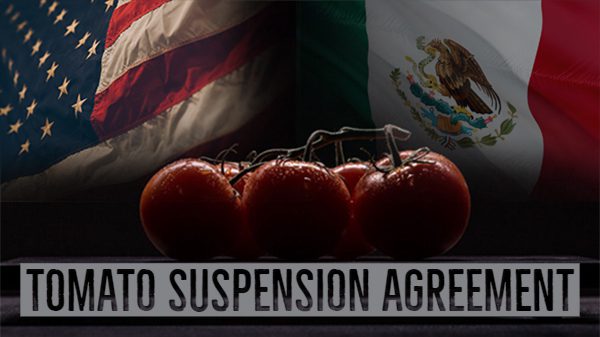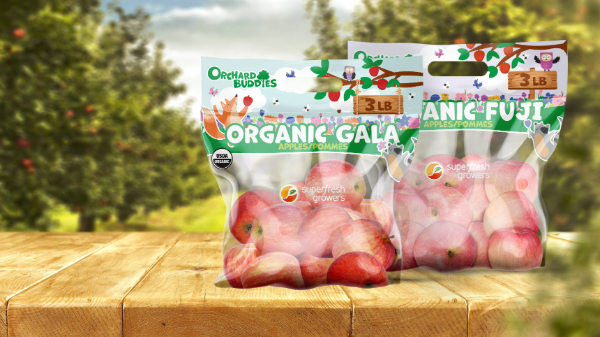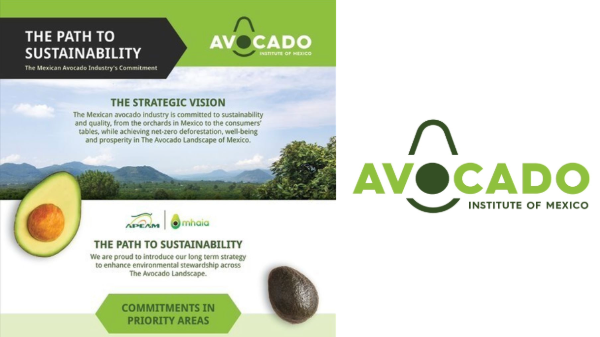Welcome to Blue Book!
Are you ready to join the thousands of companies who rely on Blue Book to drive smarter decisions? View our plans and get started today!
Still have questions? We’d love to show you what Blue Book can do for you. Drop us a line– we’ve been waiting for you.

The Fresh Produce Association of the Americas BB #:144354 released this statement April 15, 2025:
American consumers will pay significantly more for their preferred vine-ripened, specialty, and roma tomatoes if duties of 20.91% go into place on U.S. importers of Mexican tomatoes, as announced by the U.S. Department of Commerce.
Additionally, U.S. importers would be harmed by the duty, and U.S. jobs would be impacted.
Members of the Fresh Produce Association of the Americas are U.S. companies that have led innovation in the tomato category over the last 30 years.
Through that innovation, consumers now see a wide array of grape and cherry tomatoes, tomatoes on the vine, roma tomatoes, and other specialty items on their grocery shelves. With termination of a tomato agreement and implementation of duties, those same U.S. companies are left to wonder if they can continue to supply consumers with the tomatoes people demand at affordable prices.
The domestic growers who petitioned Commerce for duties grow what in the industry are called “gas green tomatoes,” or round tomatoes that are picked green and then induced to turn a pale red after the injection of ethylene gas. These are the same varieties and methods they have used for decades, leaving these growers unable to meet consumer demands for vine-ripened, flavorful options.
U.S. importers have worked with their growers in Mexico to adopt greenhouse technology which has driven the increase in vine-ripened tomatoes enjoyed by consumers. Even restaurants have switched to tomatoes with the natural deep red color and superior flavor of vine-ripened round and roma tomatoes. The lack of innovation from the domestic growers calling for duties has caused their gas green, round tomatoes, which stay pink in color and never turn a natural dark red color, to lose market share.
In a time of severe food inflation, the members of the FPAA urge the Administration to negotiate a solution that supports the innovations of U.S. importers, continues to fill the demands of U.S. consumers, and that helps domestic growers improve their ability to compete, via research, innovation, and improved varieties rather than through duties on their U.S. competitors.








